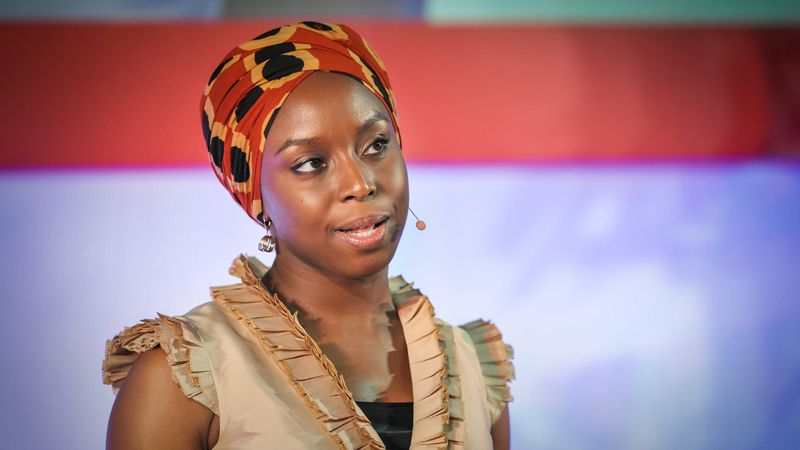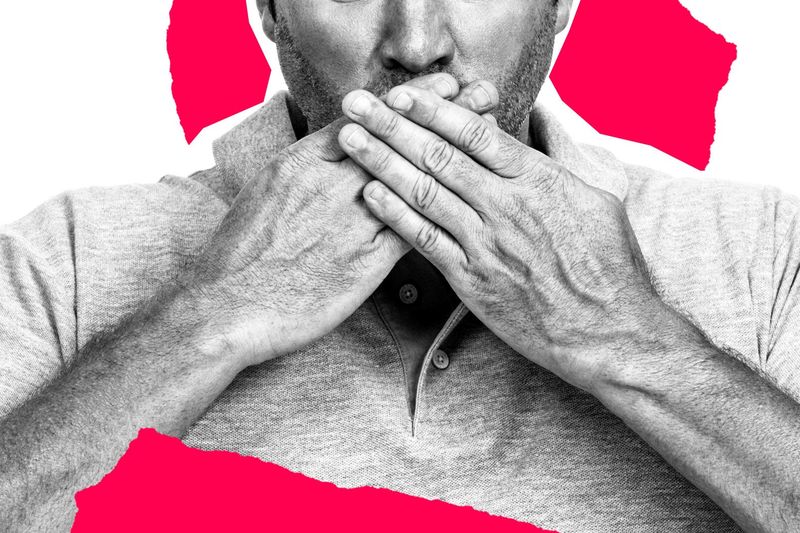15 Phrases That Used To Be Seen As Compliments But Now Sound Offensive
Some words sound harmless until you realize how much they sting. Most of us grew up hearing these phrases tossed out like confetti, thinking they meant something nice. But time, perspective, and a lot of overdue honesty have shown us just how sharp these “compliments” can be.
If you’ve ever flinched when someone tried to lift you up but somehow made you feel smaller, this is for you.
Let’s talk about the comments that need to retire—and why they don’t land the way people think they do. No guilt trips. Simply real talk about what words actually mean when you’ve lived them.
1. You look great for your age

It used to feel like a win—someone would say, “You look great for your age,” and you’d pretend it was just a compliment. But underneath, there was always a sting. Why do we act shocked when someone looks good past 40?
That sentence says, “You’re doing better than we expected, considering how old you are.” It’s backhanded. It throws a shadow over every year you’ve earned, like beauty is a battle you’re supposed to lose.
Getting older isn’t a flaw to overcome. If someone looks great, just say it. The age part? It doesn’t need to be the headline. Celebrate the person, not the number.
2. You’re so brave for wearing that

The first time someone called me brave for wearing something outside the box, I didn’t know how to respond. Brave? Like I’m facing a firing squad, not just stepping out in leopard print.
This phrase is a sneak attack—it turns style into risk. It suggests you’re stepping outside a rulebook, that your body or choices are somehow surprising or even “risky.”
What if we stopped treating confidence as an oddity? If you love what you wear, that’s enough. Style doesn’t have to be an act of courage; sometimes it’s just self-expression, plain and simple.
3. You speak English so well

Imagine nailing a presentation, only to be told, “You speak English so well!” It’s like someone saying they expected you to stumble.
Even if meant kindly, it implies that fluency is a surprise. It reminds you that you’re seen as an outsider first and a professional second.
Instead, acknowledge the achievement or insight—leave language out of it unless it’s actually the topic. People want to be seen for their ideas, not their accent.
4. You’re so articulate

There’s a sting in being called “so articulate” when it’s served with surprise. You can practically hear the unspoken, “…for someone like you.”
Whether it’s about race, gender, or background, this isn’t just about words. It’s about expectation—low ones, held invisibly, revealed in a single sentence.
Want to praise someone’s eloquence? Notice what they said, how it moved you, not just that it surprised you coming from them. Everyone deserves to be seen as a full person, not an exception to a stereotype.
5. You’re so sensitive

There’s nothing gentle about being told, “You’re so sensitive.” It lands like a slap—suddenly your feelings are the problem.
This phrase doesn’t soothe, it shames. It puts the blame on you for reacting, not on the action that hurt in the first place.
Sensitivity isn’t a flaw. It’s awareness, empathy, being alive to the moment. Instead of policing reactions, maybe listen to what’s really being said.
6. You don’t act like a typical [insert stereotype here]
![You don't act like a typical [insert stereotype here]](https://herway.net/wp-content/uploads/2025/06/You-13.jpg)
That line always comes with a grin, as if you should be grateful. “You don’t act like a typical [fill-in-the-blank].” It’s not a compliment—it’s a box you never asked for.
It says, “We expected less of you.” It props up stereotypes and asks you to feel special for being the exception.
Nobody wants to be the poster child for “not like the others.” Drop the comparisons. Let people just show you who they are, no labels attached.
7. At least you have a job

Ever shared your frustration about work and heard, “At least you have a job”? It sounds practical, but it quietly erases your struggle.
Suddenly, you feel ungrateful—like you should swallow burnout or toxic bosses with a forced smile. Your feelings about your work experience matter, even if you’re employed.
Acknowledgment goes further than dismissal. Listening doesn’t cost a thing. Gratitude is good, but not when it means pretending things are fine when they aren’t.
8. You should smile more

This is less a suggestion and more a command. It’s the stranger on the street acting like your face is their business.
The message is clear: your value is in how pleasing you look, not in your thoughts, your mood, or your autonomy. It’s exhausting to be told your natural state is somehow not enough.
People aren’t decorations. Real presence matters more than forced cheer. Let people decide what their own faces say.
9. You’re so much smarter than you look

That phrase is a double-edged sword. It tries to hand you a compliment, then cuts you with what it really means.
You’re smarter than you look? It’s the world assuming your brain is hiding behind your face, your style, your gender, your whatever.
We all know intelligence isn’t on display like a necklace. Maybe skip the shock and just appreciate the insight. Nobody needs a compliment that’s really just an insult in disguise.
10. You’re so much fun for a mom

I heard it at a playdate once. “You’re so much fun for a mom!” Like mothers are supposed to be serious, tired, or out of touch by default.
That little word—”for”—is a wedge. It separates you from your own group, as if being a mom and being fun can’t go together.
No one should be defined by a role or stripped of their personality the second a child arrives. Parent or not, people don’t stop being themselves.
11. You’re so independent… for a woman

Being told you’re independent “for a woman” is a backhanded celebration. It’s as if independence is a rare talent handed out to a lucky few, not a basic human trait.
When someone points it out, it’s less about your strength and more about their assumptions. You don’t want applause for breaking old molds—you want those molds gone.
Let’s stop acting like agency is gendered. Independence isn’t a party trick. It’s being alive, and it belongs to everyone.
12. I could never do what you do

Sometimes, “I could never do what you do” feels like admiration. But often, it’s a way of saying your life is unimaginable, maybe even undesirable.
It puts a wall up—like your reality is too much, or you’re somehow different at the core. You end up feeling othered, not respected.
If you’re moved by someone’s work, say so. But don’t make it sound like their struggle is alien. Respect comes from understanding, not distance.
13. No offense, but…

Here’s the funny thing: “No offense, but…” almost always means offense is coming.
It’s a shield for uncomfortable words, a way to say something sharp without facing the music. Instead of owning the impact, the speaker ducks responsibility.
When you need a disclaimer, maybe the comment isn’t needed. People remember how you made them feel, not how you tried to soften the blow.
14. It’s just a joke, don’t take it personally

You know that feeling when laughter’s gone, and someone says, “It’s just a joke, don’t take it personally”? It’s meant to wipe away harm, but it only makes things worse.
The phrase is a get-out-of-jail-free card for bad behavior. It puts the blame on the person who felt small, not on the words that hurt.
Humor can connect, but it can also cut deep. When your joke leaves someone flinching, maybe it’s not so funny after all.
15. You’re so brave

Sometimes “You’re so brave” is encouragement. Sometimes, though, it’s a mask for doubt or even quiet judgment.
It can sound like, “I wouldn’t do that if I were you,” or “That’s risky—are you sure?” Instead of genuine support, it can feel like you’re being called reckless for stepping outside someone else’s comfort zone.
True support doesn’t hide behind bravery. It simply says, “I see you.” More times then you think, that’s all anyone needs.







